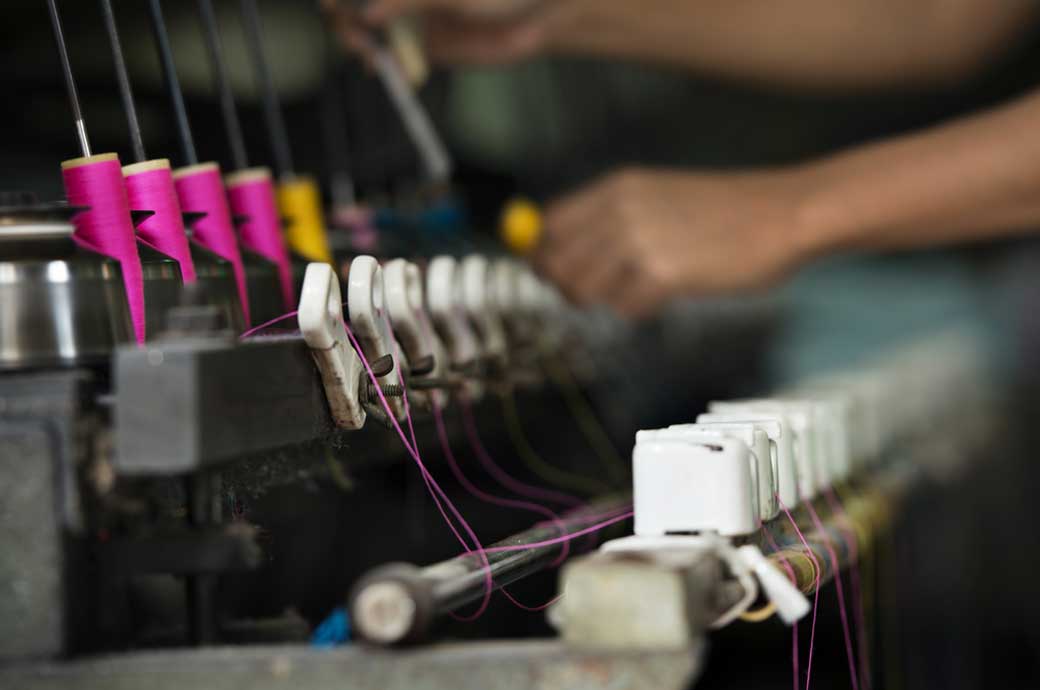Euro area manufacturing sector contracts deeper in Sept: S&P Global

The S&P global eurozone manufacturing PMI fell to 48.4 in September from 49.6 in August, signalling a further worsening of operating conditions for euro area goods producers. Moreover, the headline index slumped to its lowest level since June 2020.
Demand for eurozone goods sank sharply in September as high inflation and economic uncertainty reportedly squeezed client appetite.
Business confidence subsequently fell to its lowest level since May 2020, leading firms to cut purchasing activity further in anticipation of more challenging conditions, S&P Global said in a note.
Meanwhile, inflationary pressures accelerated in September. Although pressures arising from material shortages had reportedly faded slightly, many companies remarked on the rising costs for energy.
The manufacturing PMI in September was 51.5 for Ireland (two-month high), 49.7 for Greece (three-month high), 49 for the Netherlands (26-month low), 49 for Spain (two-month low), 48.8 for Austria (unchanged), 48.3 for Italy (two-month high), 47.8 for Germany (flash: 48.3, 27-month low) and 47.7 for France (flash: 47.8, 28-month low).
Ireland was the only monitored euro area country to record a manufacturing PMI in expansion territory during September. France and Germany both recorded the worst deteriorations in manufacturing sector conditions at the end of the third quarter, with their respective PMIs at the lowest levels since the first wave of the COVID-19 pandemic in the first half of 2020.
For a fourth successive month, manufacturing output levels fell across the euro area. The reduction was solid overall and of a similar strength to that seen in August.
The downturn in manufacturing new orders continued in September and accelerated from the previous month. Overall, the decrease in demand was the sharpest since May 2020 and reflected a broad weakening of client appetite.
High prices reportedly deterred customer purchases, although other companies commented on the adverse impact of economic uncertainty, S&P Global said.
With the rate of contraction in new orders exceeding that for output, euro area manufacturers were able to make inroads into their backlogs during September.
Supplier delivery delays were at their least widespread for almost two years in September as improved raw material availability and a drop in demand helped ease pressures on vendors. Rates of input cost and output price inflation accelerated in September, the first time since April this has been the case.
Fibre2Fashion News Desk (DS)
































-Ltd..jpg?tr=w-120,h-60,c-at_max,cm-pad_resize,bg-ffffff)





.jpg?tr=w-120,h-60,c-at_max,cm-pad_resize,bg-ffffff)
.jpg?tr=w-120,h-60,c-at_max,cm-pad_resize,bg-ffffff)






